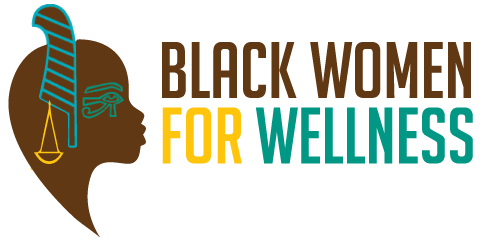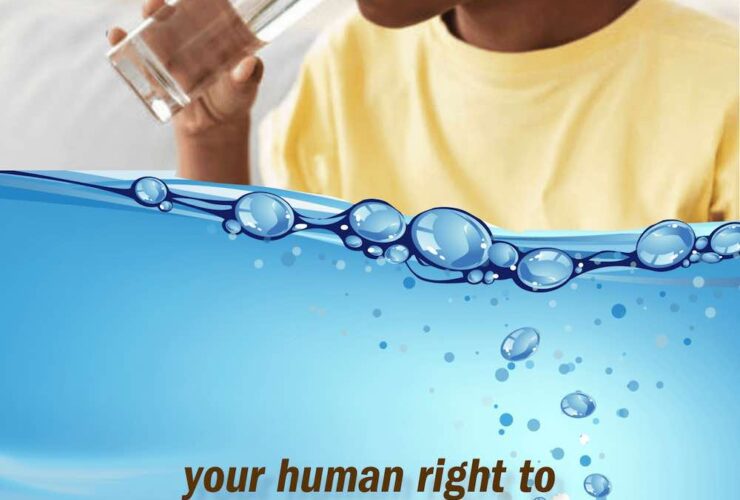Water Equity and Plastic Pollution Workshop | Exploring the Connection between Environmental and Reproductive Justice
Summary
Dive into the intersection of Water Equity and Plastic Pollution as championed by Black Women for Wellness (BWW). Understand how these crucial issues impact health and reproductive justice, and the collective efforts required for systemic change.
The Perils of Plastic Pollution
Plastics, primarily made from fossil fuels, contain various harmful chemicals, including endocrine-disrupting chemicals.
They pose a significant health risk, particularly when exposed to heat, as they can leach these chemicals.
Microplastics, ubiquitous in the environment and even found in the human body, are of particular concern.
Interestingly, studies have shown that tap water generally contains fewer microplastics than bottled water, challenging the perception that bottled water is a healthier option.
Reproductive Justice: A Holistic Approach
BWW’s approach to reproductive justice encompasses the right to have a child, the right not to have a child, the right to parent in safe conditions, and the right to bodily autonomy.
These rights are intimately connected to environmental issues. For instance, exposure to harmful chemicals in water can have direct consequences on reproductive health, emphasizing the need for safe and clean water.
Legislative Efforts and Systemic Change
Addressing these concerns requires more than individual action; it necessitates systemic change and legislative effort. California’s legislation aims to reduce single-use plastics, with implementation expected by 2025 or 2026.
Advocacy efforts are crucial in pushing for changes targeting both businesses and plastic producers.
The distinction between upstream efforts (targeting plastic producers) and downstream efforts (focusing on businesses and consumers) is key to effective change.
Historically, fossil fuel companies have promoted plastic usage, making it challenging for individuals to reduce plastic use effectively.
The ultimate solution lies in companies ceasing plastic production, not just in individual consumer choices.
Conclusion: The Path Forward
Black Women for Wellness highlights the intersection of environmental and reproductive justice, illustrating how these issues are deeply interconnected and impact the health and wellbeing of communities, particularly those of Black women and girls.
Their focus on water equity and the dangers of plastics pollution brings to light the broader implications of environmental issues on reproductive rights. Advocacy, education, and systemic change are vital in addressing these challenges.
As BWW continues to lead the charge, their efforts remind us that the fight for environmental and reproductive justice is a collective one, requiring the participation and commitment of all sectors of society.


